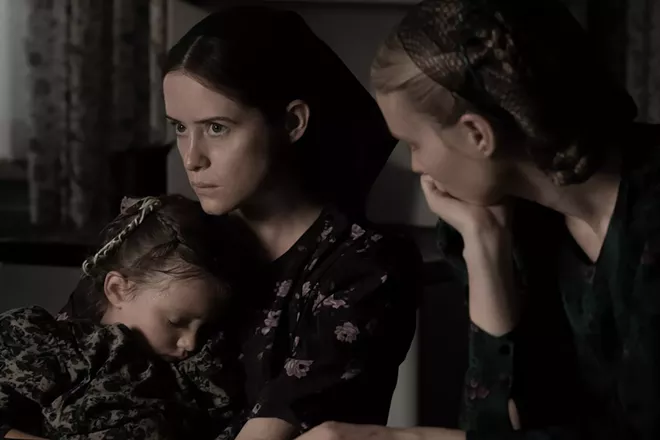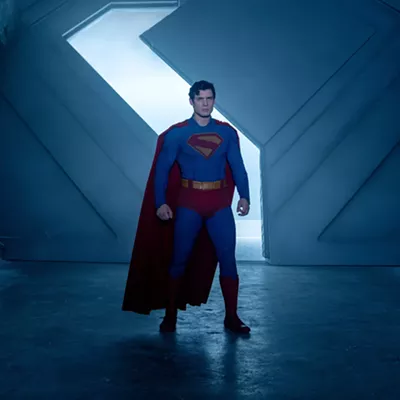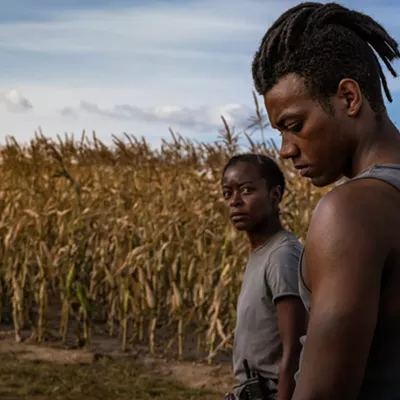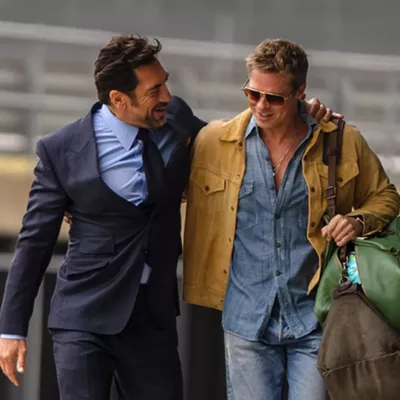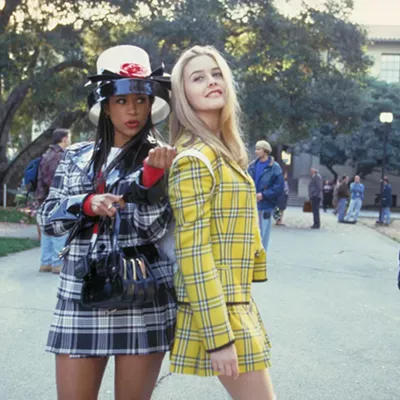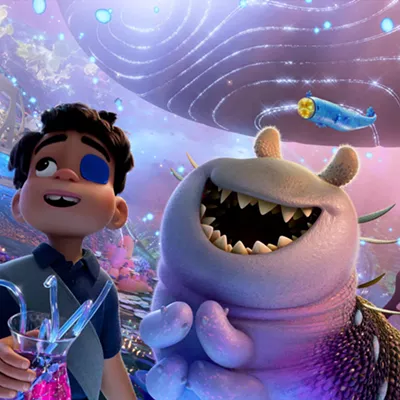The work of adaptation, especially when taking a novel and molding it into a film that runs under two hours, will always be a challenging undertaking. No matter how much you may try to maintain the core of the material, much will be excised for the sake of narrative momentum. In Sarah Polley's Women Talking, the often-engaging, yet oddly slight adaptation of the novel of the same name by Miriam Toews, this grows increasingly evident. Characters' reflections on faith, patriarchy and the future are largely boiled down to the basics. While it lifts some passages directly from the book in a manner that can prove to be quite arresting, the layers of life underneath it still feel lost. It is not a complete misfire by any means, but still represents a missed opportunity, as the complexities and nuances of the narrative are regrettably stifled under a series of flat filmmaking choices.
The story is broadly the same as it takes place in an isolated religious community of Mennonites where the women discover that they and their young daughters have been being brutally attacked in the night by the men. The horrors have continued with the support of the other men of their group — or, at the very least, their ambivalence. After a group of culprits are discovered, rather than setting about bringing justice, the men expect forgiveness. That is when all of the women gather to decide between two options: stay and fight or leave.
Among them is Ona (Rooney Mara), Salome (Claire Foy) and Mariche (Jessie Buckle), who come to represent the group's most significant differences about what to do. There is also Ben Whishaw's note-taking August, who the film positions as more of an observer than he was in the novel. It's a change that could have opened up more chances to learn about the women and their interior lives. Alas, much of what we learned from the book about them and their history, that would then inform the future, gets lost as well.
Most disappointingly, the experience of first watching Women Talking back when it was making its festival run was primarily defined by a single thought: Oh, all of it is really going to look like that. The desaturated visuals end up becoming a persistent distraction as it feels like all the colors have been drained from the world to be replaced with an ugly malaise. This is certainly a stylistic choice, clearly meant to mirror the bleak world they inhabit, but it is done far too bluntly to be effective. Where the novel had rich imagery that was woven throughout the long dialogue scenes, the film does itself and the story a disservice by not finding any sort of visual contrast.
What makes this all the more unfortunate is that there is much to the rest of the experience that is affecting. Most of the performances capture the conflicting ideas and thoughts playing out in the conversation well enough. When the characters encounter the edges of the only world they have ever known and what little they have been taught, it serves as a reminder that their repression is built upon keeping them in the dark. The way they discuss their lives and futures with one another brings light to the darkness of the story, feeling most reminiscent of the key parts of the novel.
What becomes difficult to overlook is how much has been removed from the narrative and how the script remains more shallow as a result. Further, when even the more arresting scenes are arranged in a scattered fashion, it begins to undercut their intensity and depth. It does a lot right, but most of that feels like it can be credited to the novel itself. When further considering the rather significant differences in their respective endings, the greatest takeaway from Women Talking is that one ought to go to the source material for the best version of this story. In those pages, you come to know the characters and their ideas far more completely. ♦

